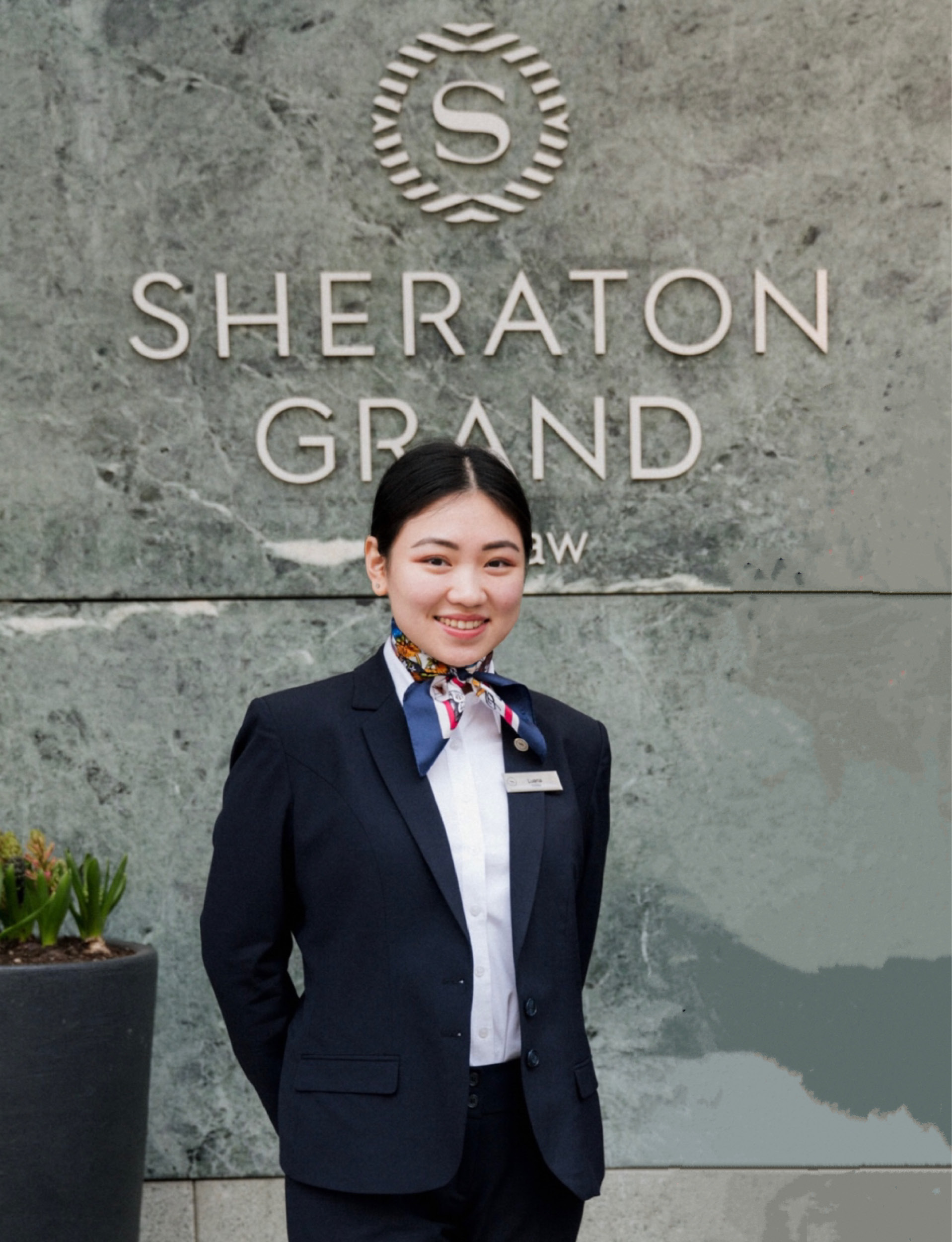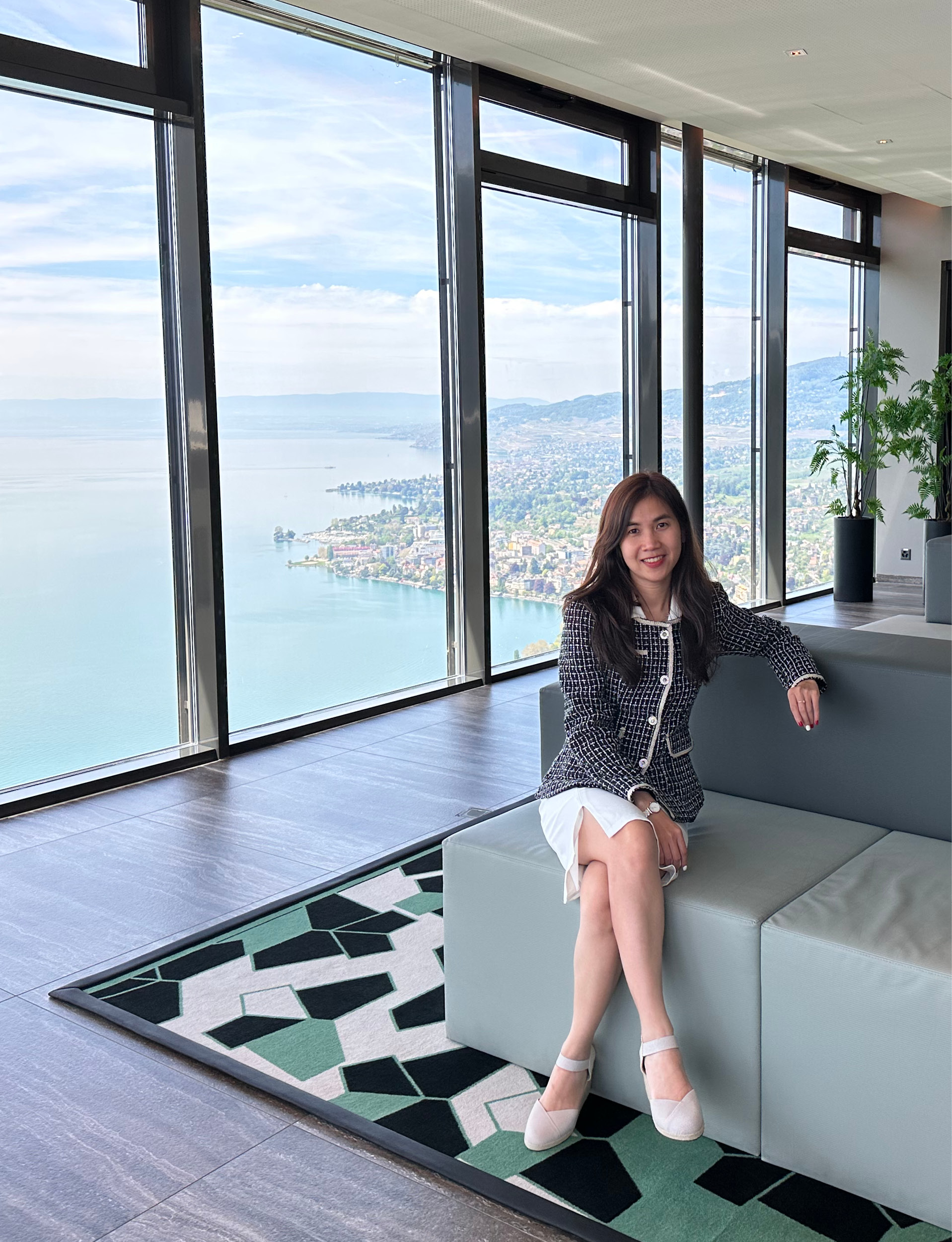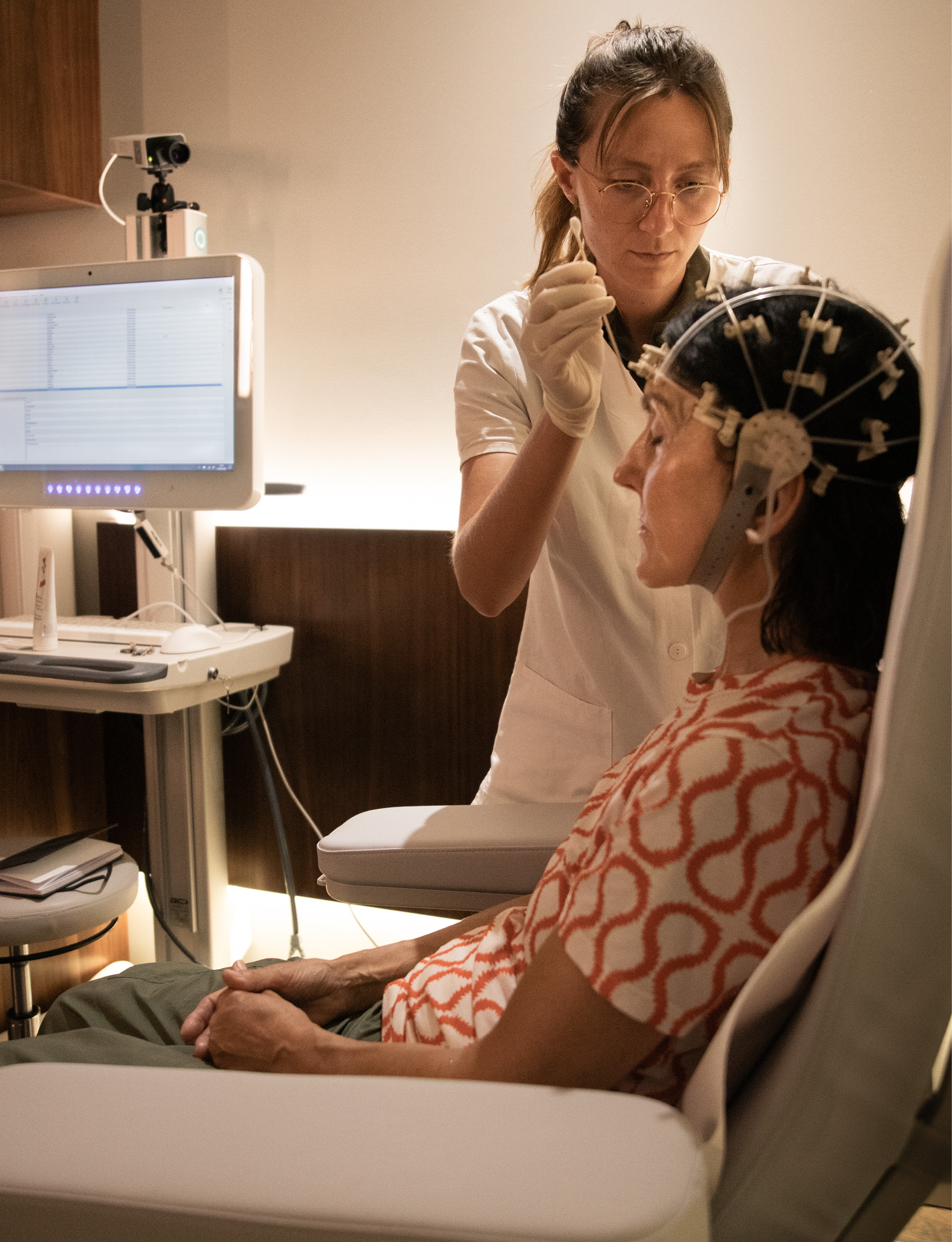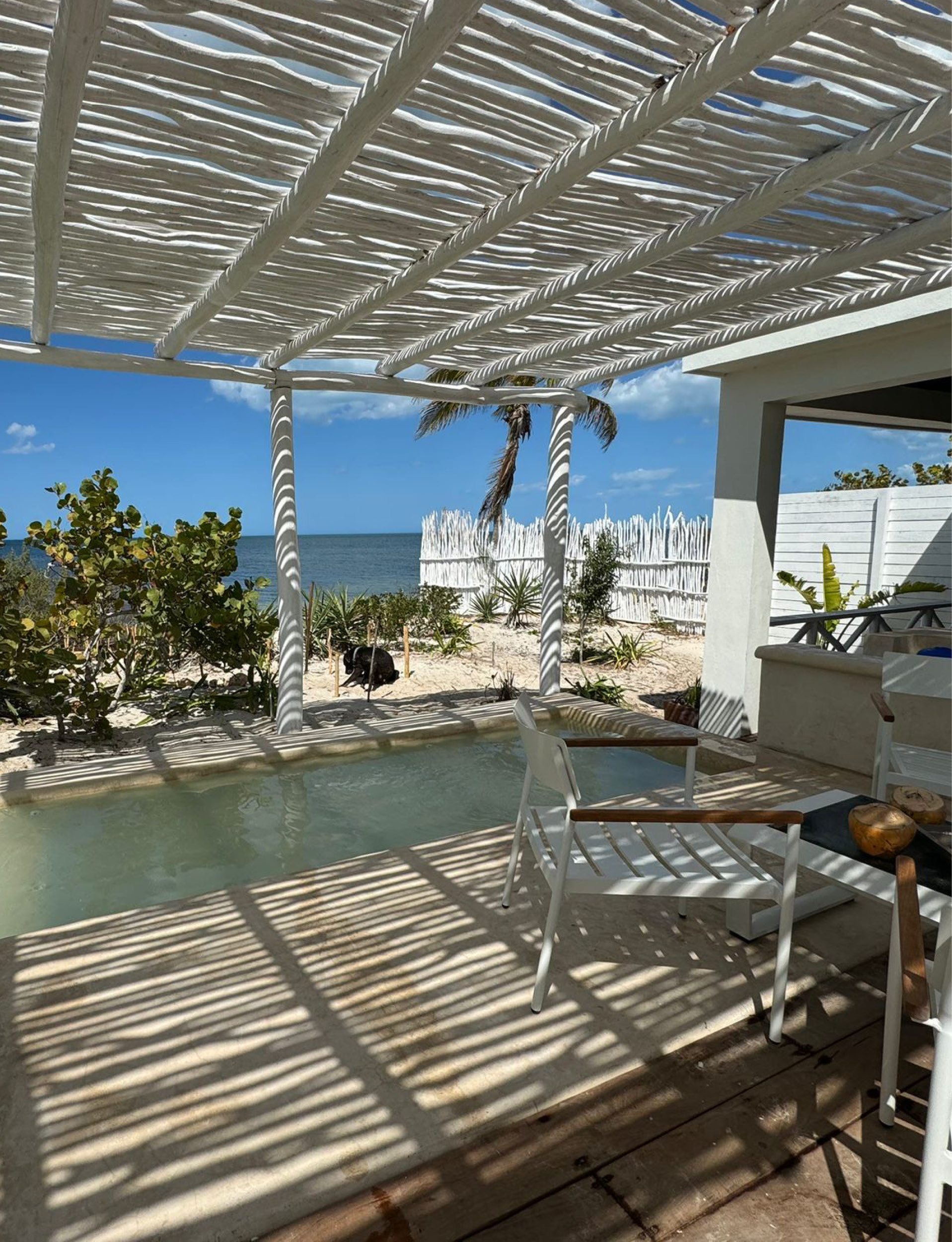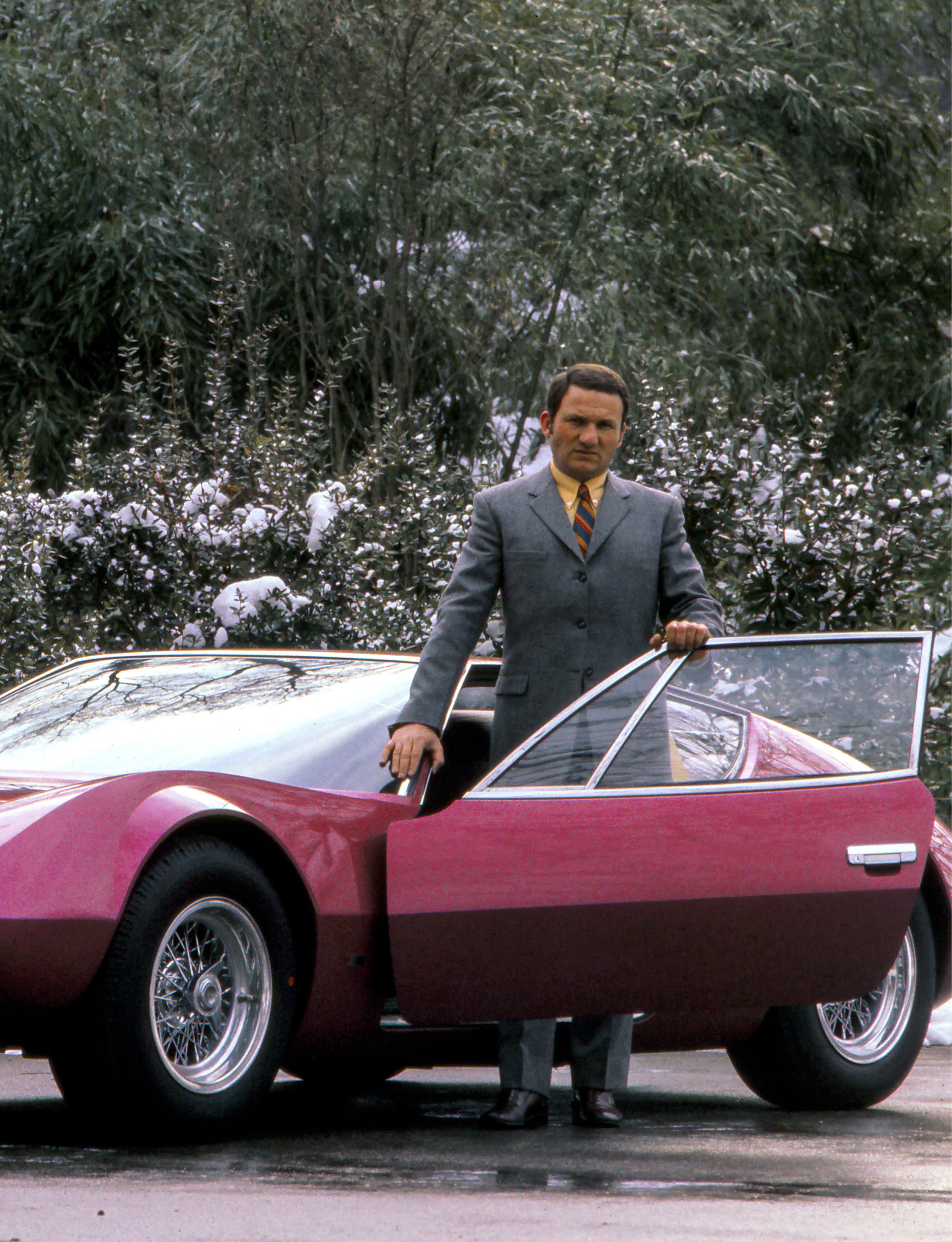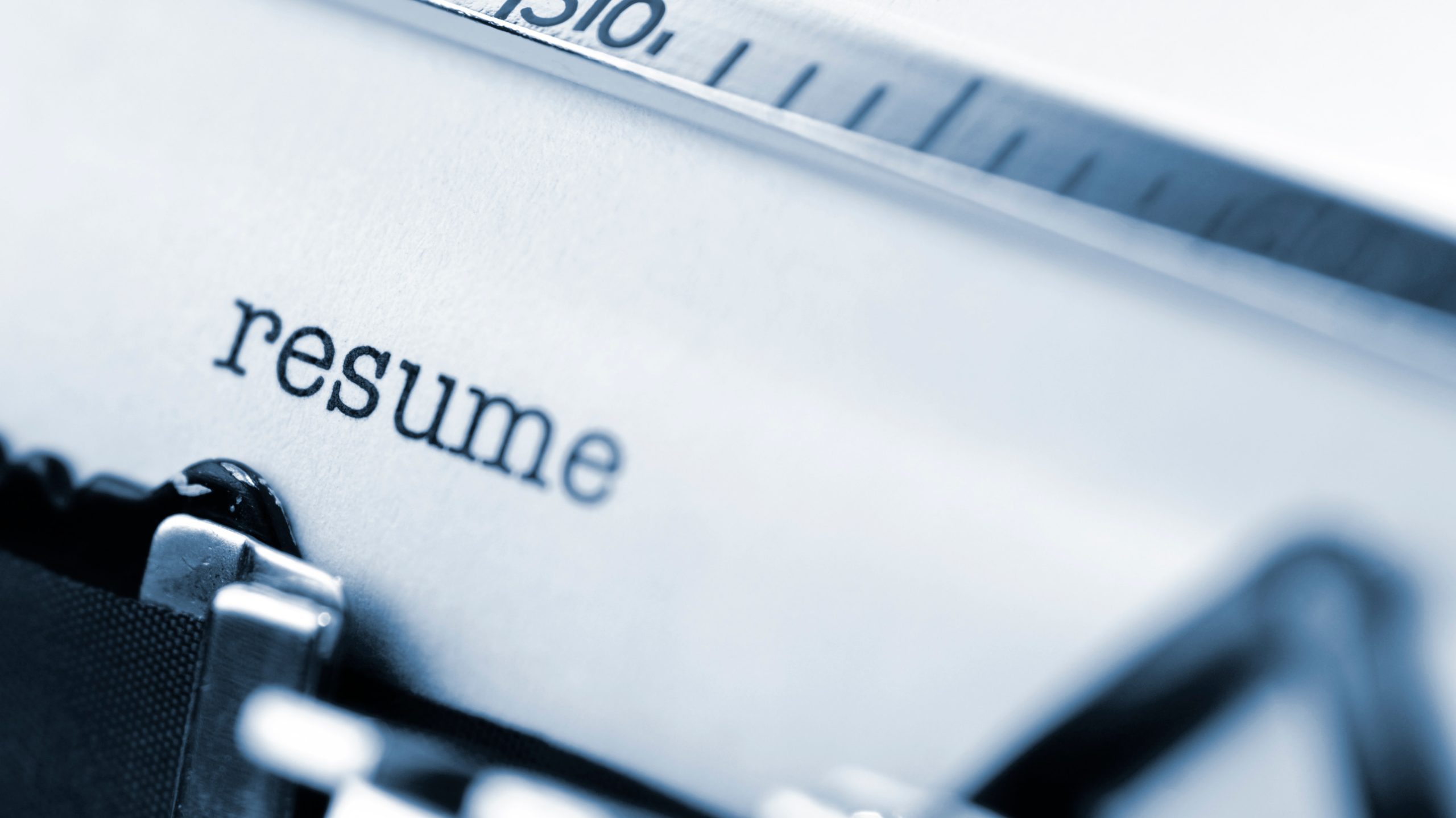
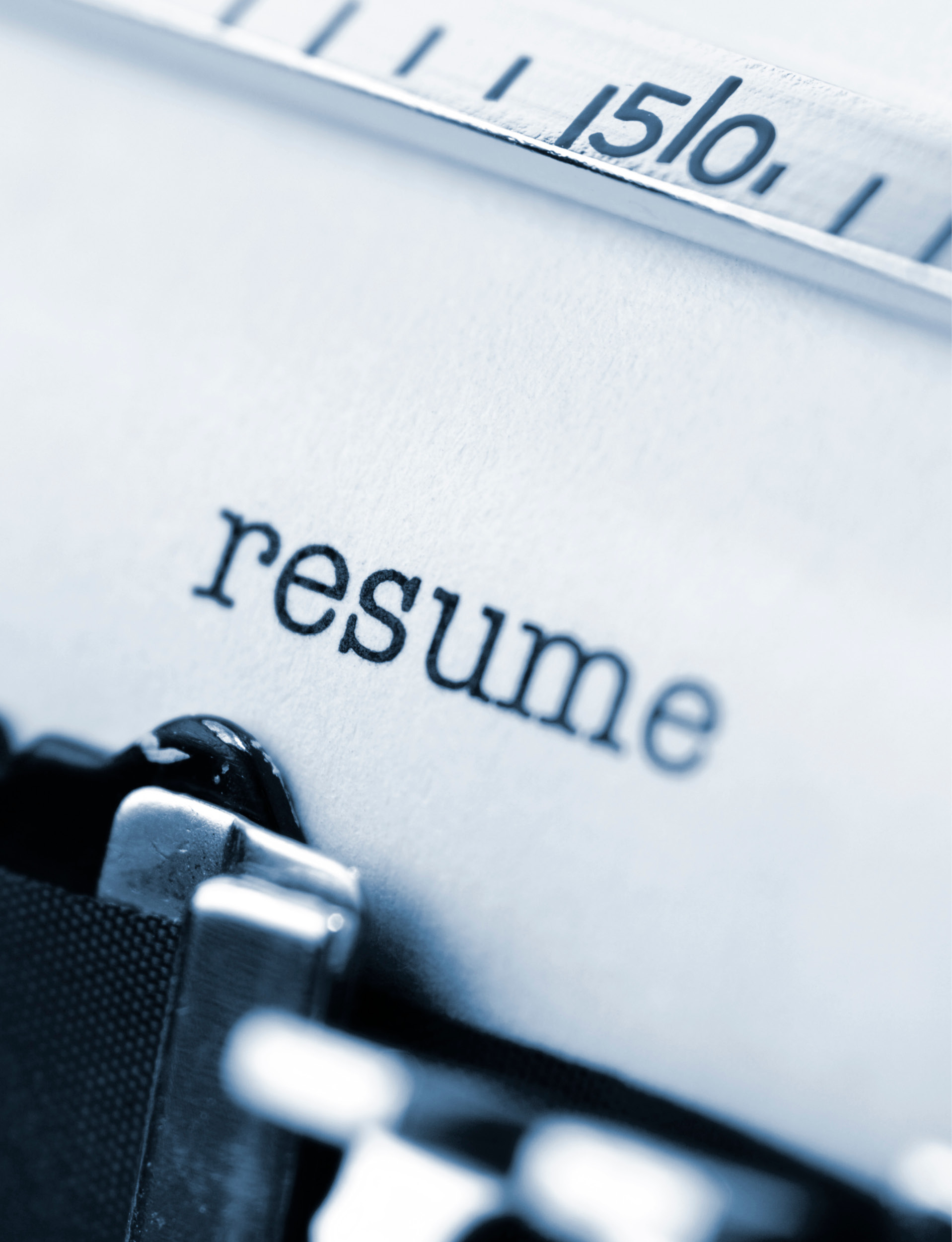

Claudia Unger is an executive coach who supports hospitality leaders to transform their careers and has also lectured at numerous institutions, including Glion. She brings her expert eye to the art of crafting the perfect hospitality resume…
We all know the importance of the resume in terms of ‘selling’ ourselves to prospective employers. A good resume lets a recruiter see that we have the skills and experience they’re searching for, to hopefully carry us through the first filter and into the all-important interview stage.
That said, few if any of us can expect to cover all the requirements of a job description, whether in hospitality or any other field. And the gap tends to grow bigger the higher up the leadership ladder we are aiming.
I sometimes encounter people who simply don’t apply in these situations, because they feel that they fall too far short of what is wanted. But, with the sheer weight of required skills and experience we often see with job advertisements today, the truth is that few if any of us could hope to tick all the boxes.
By the same token, if we could fulfil everything in the job description then the likelihood is that we’d be bored within three months, because the role’s not challenging enough and there’s no room to grow!
So, when thinking of hospitality skills for your resume, rather than taking the job description as a checklist to fill out, we should consider it as an opportunity to grow ourselves. In this way, when we apply we can be clear on what we don’t have and explain how we relish the challenge of developing these hospitality skills as part of our professional growth.
The importance of hospitality skills in the industry
Let’s talk about some of the key skills for any successful hospitality resume. These can be broadly split into ‘hard’ and ‘soft’ skills – the former very role-dependent, and the latter more common to anyone looking to succeed in the industry.
I’ll focus on the soft skills, as these are where you can really differentiate yourself from other applicants; plus they are also more crucial for managerial positions.
The first of these I’ll talk about is teamworking. This is incredibly important in a fast-paced, multi-faceted environment like a hotel, where all areas (front office, concierge, housekeeping, F&B, etc.) must work in complete harmony to deliver a seamless guest experience.

“As a young hospitality professional, it’s incredibly important for your resume to be able to demonstrate that you’ve worked successfully in a team, understood your role and position in the team hierarchy, maintained strong interpersonal relationships, given and taken orders, learned to delegate, and so on.”
Claudia Unger
As a young hospitality professional, it’s incredibly important for your resume to be able to demonstrate that you’ve worked successfully in a team, understood your role and position in the team hierarchy, maintained strong interpersonal relationships, given and taken orders, learned to delegate, and so on.
Another vital soft skill is empathy – and this is especially relevant in a ‘people’ business like hospitality. You have to be outgoing and approachable in this business. And you must possess empathy for your clients or guests, seeing their satisfaction as your number one priority.
I began my professional life as a flight attendant for the German airline Lufthansa, and we always followed the maxim that ‘the client is king’. The ability to ask a guest “what can I do for you?” and to mean it is very powerful. That desire to learn what the guest wants, and to create a memorable experience for them, is so important for career advancement in hospitality.
Job descriptions in the hospitality industry
The hospitality industry is vast and multi-faceted. Roles and job descriptions will vary enormously between the industry’s different constituents, such as hotels, restaurants, cruise lines, event spaces and so on. With so much variety, I could write an entire article on job descriptions by themselves. However, to keep things brief I will use the example of the hotel, and highlight a few of the key job descriptions:
Front office roles
Front office roles provide the public face of the hotel. These can range from receptionist to a front office manager. Because they involve face-to-face customer service, these roles serve as an excellent starting point for individuals who enjoy interacting with people and problem-solving on the spot.
Event planning
Many big hotels offer space for events, ranging from business conferences to special events such as weddings. These events need planning and delivering, and that generally involves a large team working behind the scenes, all coordinated by event planners.
Rooms division
As its name suggests, the rooms division looks after the hotel rooms, ensuring they are in a fit and proper condition to provide a perfect stay. Rooms division managers are responsible for maintaining cleanliness through the housekeeping team, while also ensuring the fixtures and fittings are all well maintained.
Revenue manager
Revenue management professionals are responsible for maximizing the hotel’s bottom line, deploying a mixture of analytical and creative skills to spot revenue opportunities and then deliver additional business at the right price to generate returns.
Food & beverage (F&B)
Most hotels offer in-house catering, with some luxury properties offering multiple restaurants including some with a Michelin star. Whatever the level of the F&B offer, all those working in that division will be actively involved in enticing the customers through the door and meeting their gastronomic and service expectations once they’ve taken their table.
The importance of a well-crafted resume in showcasing your skills
Before I go on to give some advice on crafting your resume, let’s just recap on why this is so important. First and foremost, while the hospitality industry continues to grow, it’s highly competitive for the plum roles.
In your resume you are showcasing your skills with the intention of matching these to the job position. You are also showcasing your experience and accomplishments, in the hope that these will catch the eye of the recruiter and chime with them in some way. In this regard, it’s especially useful that your accomplishments relate to the required skills – a tip here is to mimic to the phrasing from the actual job description to ensure this point hits home.
What I’m also seeing is a higher level of honesty, of putting yourself out there a little and showing a little vulnerability alongside showcasing your strengths. But be careful in this regard, as it can leave you open to being taken advantage of.
Another important aspect for an employer is that your personal values align with theirs. So do your research and discover more about the organization and its philosophy. You cannot fake alignment with it, though, and nor should you, since this is the recipe for a short and unhappy stay.

Crafting your perfect hospitality resume
The resume has a simple role: to make you stand out from the crowd and earn an interview. It’s about making you appear interesting enough, valuable enough, to be called in for an interview. Then it becomes dependent on that personal interaction, where getting the job or not comes down to the human-to-human chemistry on the day. After all, people buy people.
Another point to note is that there is no perfect recipe for a resume; nor should you ever rely on a single version to cover all eventualities. Take the time to tailor your resume to every role, and every company, you’re aiming for.
For me, a resume should not be more than two pages in length, even if you have significant professional experience. The first page should always begin with your personal statement, summing up who you are, why this role is interesting to you, and what you can bring to the company.
Then I suggest taking three specific work experiences (or if you are a young professional, turn back to academic experiences) and write a short paragraph about each, spotlighting what you learned through the experience and how this matches up to the role on offer as well as your own ambitions for professional growth.
That’s it for the first page. For the second page you can get more into list mode, with details of your professional and academic experience – naturally, the older you get the shorter the paragraphs become, as there’s more to fit in!
As mentioned, tailoring a resume to each position is essential in my view. It should also be smartly presented and eye-catching. Thankfully, there are design packages such as Canva which can help you in this regard. I would also recommend creating a spreadsheet or document where you can store bespoke paragraphs suited to different roles and employers.
Another important point is to ensure that your resume and LinkedIn profile are closely aligned. In fact, I advise my clients to include a link to their LinkedIn profile in their resume. It allows the recruiter to see more detail about your experience and also the company you keep, via your connections. Maybe there will be some mutual connections? This often helps to break the ice.
Should I use generative AI to help create my hospitality resume?
The final question to consider – especially with the cover letter – surrounds “generative AI or no generative AI?”. This is a new technology but already we cannot escape its impact. I have experimented with ChatGPT myself, because I think it is fascinating. I tend to write something first, then feed it into ChatGPT and ask for it to be made clearer or more friendly in tone. It’s quite remarkable what comes back, but I can still be confident that the underlying sentiments are mine.
At the other end of the scale, it’s perfectly possible to ask a generative AI to “write an application for front office manager” and it will draft the application with no further information needed. That’s obviously quite tempting, but it’s also dangerous, because it cannot be aligned to the specifics of the particular role. Indeed, most recruiters will be able to spot an AI-generated text unless you add the human touch to it.

Recap: identifying key hospitality skills
Let’s conclude by summarizing some of what I regard as the key skills to succeed in hospitality:
Interpersonal skills
As a customer-facing business, the hospitality sector simply demands these skills, since they are the key to building trustful relationships with guests as well as fellow team members. If you’re an approachable type with effective communication skills, you’ll have a huge head start in forging a successful hospitality career.
Customer service skills
As I mentioned earlier in the article, customer satisfaction is your raison d’étre in hospitality. Clear communication is crucial, as without it you cannot know what a customer wants. Also, throughout the hospitality business, but especially in the luxury segment, strong attention to detail is absolutely paramount. Customers will invariably put your problem-solving skills to the test too!
Communication skills
Hospitality is the most global of industries, so proficiency in languages can be an asset. But above all you need to be good at active listening during your guest interactions, as well as those with fellow team members. You only get one chance to respond to a guest request correctly, and failure to do so could lead to the disaster of a bad review on a site such as TripAdvisor.
Team player mentality
I mentioned this earlier, but it bears repetition: a team player mentality is absolutely critical in the hospitality industry. Teamwork is about great communication and an ability to put the needs of the team above your own. Be ready for collaboration both within your team and with other areas of the business. The more harmonious the environment, the better the organization will perform.
Conclusion
If you like people, and you like travel, and especially if you like making others happy, then the hospitality industry is for you. I hope with this article I’ve given you a few useful pointers towards landing that dream role. I wish you every success in your career endeavors!
Photo credits
Main image: peepo/Getty
Laptop image: Tero Vesalainen/Getty
Job interview: Drazen/Getty
Develop the skills to succeed
Our undergraduate and graduate degrees are tailored to the modern workplace, providing a perfect balance of hard and soft skills accompanied by real-world professional experience.









